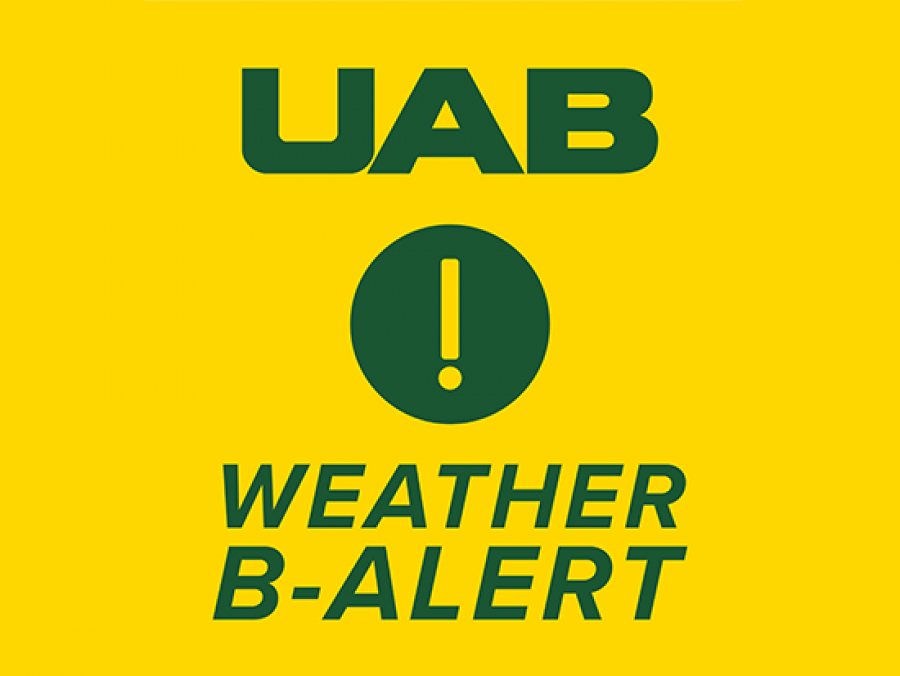Campus & Community
Jan 28, 2026
Live HealthSmart unveils second Mobile Market, expanding access to healthy food options
By bringing food directly into neighborhoods, Live HealthSmart Alabama continues its mission to make good health simple, one community at a time.
Trending Topics
Select a topic to see stories related to that topic.
Find an Expert
Browse our list of UAB experts who can provide insights on timely news and research. To contact an expert, please coordinate with the public relations specialist associated with each individual.
Find an Expert



























